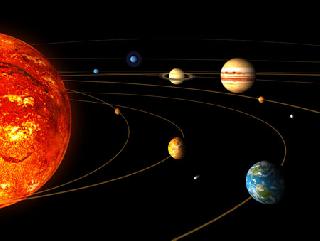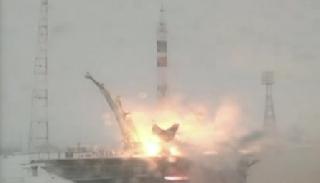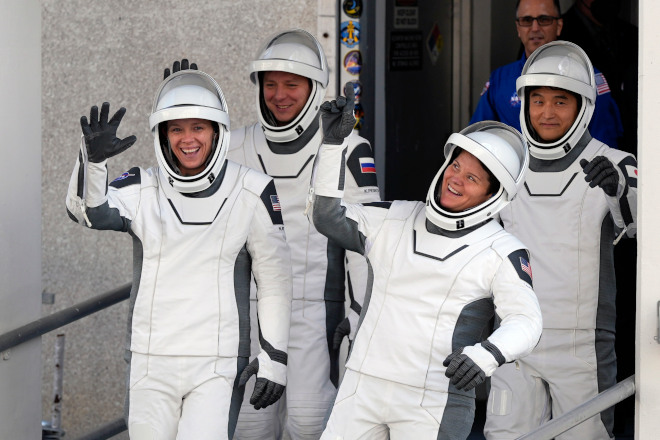
LONDON (PTI): It's known that our solar system has always had four giant planets -- Jupiter, Saturn, Neptune and Uranus. Now, astronomers claim to have found evidence which suggests that the solar system might have a fifth giant planet which was mysteriously knocked out into deep space.
Computer simulations by researchers at the Southwest Research Institute in San Antonio, Texas, showed that it is statistically extremely unlikely that the solar system began with four giants.
By their calculations, it only had a 2.5 per cent chance of reaching its current population and orbital layout with four giants, but was 10 times more likely to have developed to its present state if there was a fifth monster body in the mix, the Daily Mail reported.
To reach this conclusion, the researchers led by David Nesvorny ran 6,000 simulations of the solar system's birth and early development.
"The possibility that the solar system had more than four giant planets initially, and ejected some, appears to be conceivable in view of the recent discovery of a large number of free-floating planets in interstellar space, indicating the planet ejection process may be a common occurrence," Nesvorny said.
The solar system began to take shape four and a half billion years ago when a huge cloud of dust and gas collapsed to form the Sun. The planets arrived about 10 million years later, but had unstable orbits for a long time.
It's believed that at one stage Jupiter was gravitating dangerously towards the centre of the solar system, where Earth and Mars lie, but then suddenly "jumped" to an orbit further out, knocking the mystery guest out into deep space, Nesvorny added.
According to scientists, the Sun is about halfway through its life. And it's believed that it will run out of hydrogen fuel and expand into a helium-burning red giant, killing the Earth in the process, in about five billion years.
 Next Article
Next Article













The Indian Air Force, in its flight trials evaluation report submitted before the Defence Ministry l..
view articleAn insight into the Medium Multi-Role Combat Aircraft competition...
view articleSky enthusiasts can now spot the International Space Station (ISS) commanded by Indian-American astr..
view article